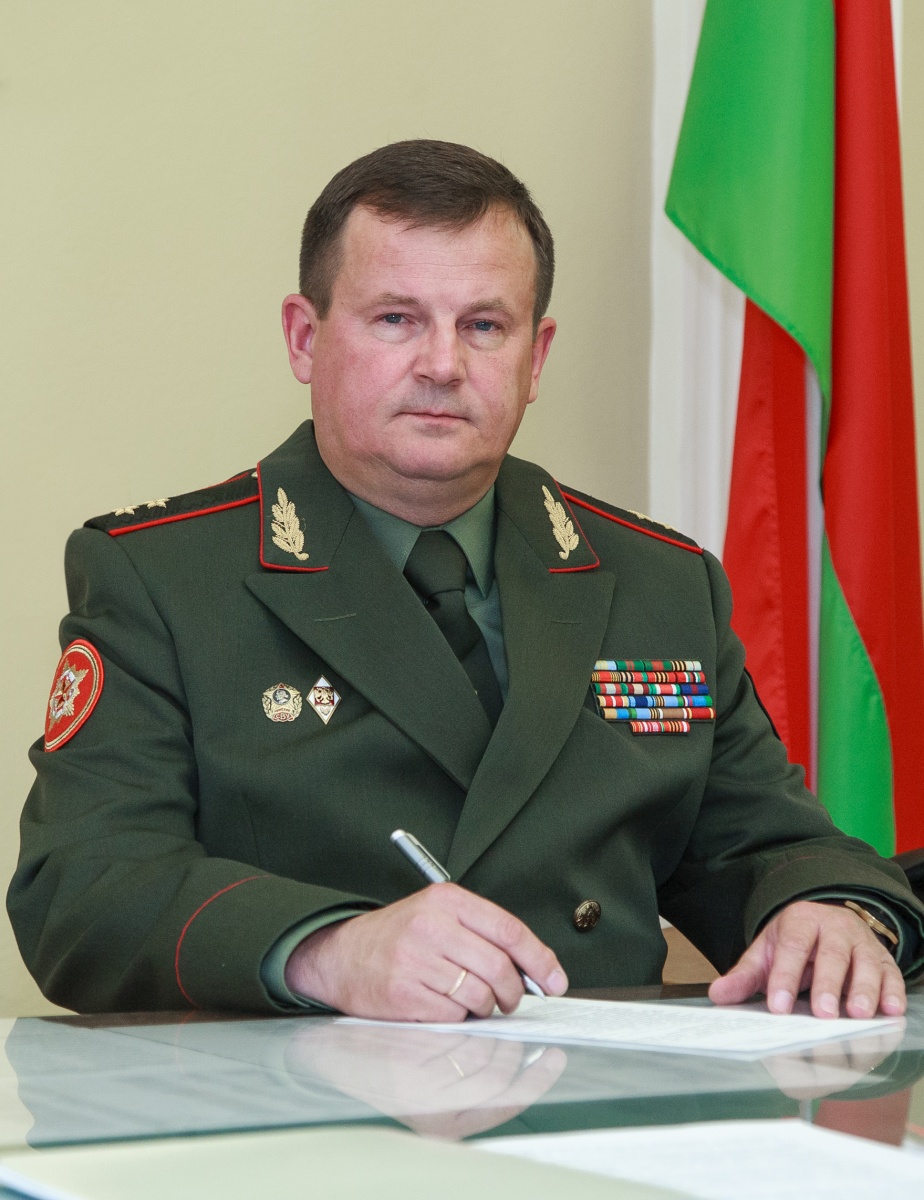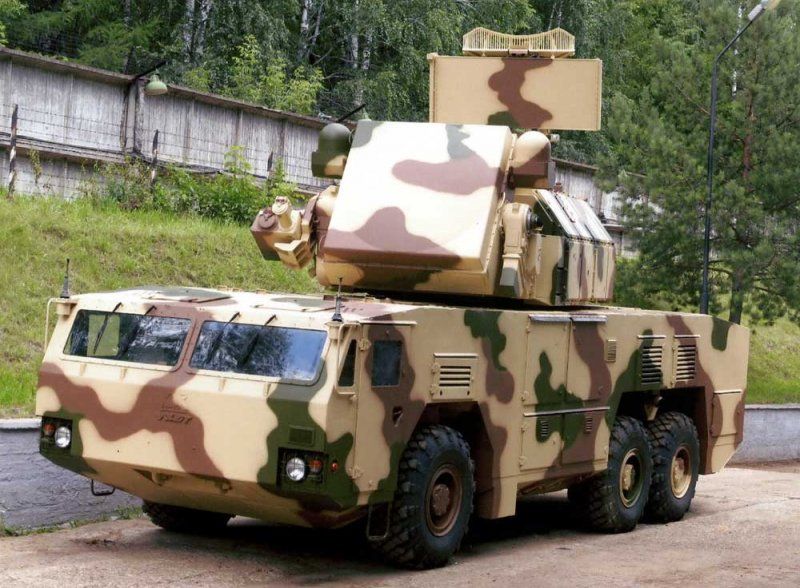New Belarusian military doctrine responds to Putin’s policies

Image: mil.by
On 22 January, President Alexander Lukashenka approved changes to Belarus' military doctrine. This document reveals fundamental changes in the mindset of the Belarusian establishment. Learning Ukrainian lessons, Minsk is putting issues of military security at the top of its priority list.
Belarusian strategists have also identified which threats are to be countered. They include violent political changes, which Minsk suspects may come from Ukraine and pro-Moscow forces' attempts to repeat in Belarus their exploits in Ukraine.
Minsk is also reevaluating its alliance with Russia. The Kremlin for years ignored Minsk's interests and is embarking on an increasingly chauvinist path. Last week, Russian President Vladimir Putin criticised Soviet-era international borders as 'arbitrary', implying that they could be changed through a Crimea- or Donbas-like scenario.
Minsk identifies threats
On 22 January, Lukashenka approved changes to Belarus' military doctrine, which had remained unchanged since 2001.
the new edition of the doctrine points to 'hybrid warfare' and 'colour revolutions' Read more
Identifying the potential military threats, the new edition of the doctrine points to 'hybrid warfare' and 'colour revolutions', clear terms if taken in the Belarusian and regional context.
'Hybrid warfare' refers to possible Russian interventions like those that occurred in Ukraine. Colour revolution means the West, interpreted IHS Jane's Defence Weekly. But that is a moot point.
Minsk indeed harbours suspicions that somebody in the West might be working on toppling Lukashenka, but in recent years Belarusian officials have more frequently named Ukraine as a source of destabilisation in Belarus. For instance, just before the recent October 2015 presidential election a Belarusian government-affiliated TV channel reported about "200 armed Ukrainians" being detained at the border.
Although Lukashenka cites the collapse of the state in Libya, Syria and Yemen as examples of possible scenarios that he wants to prevent, Minsk reviewed its military doctrine only after the crisis and conflict in Ukraine developed. In parallel, it started – however reluctantly – to construct a border with Ukraine.
Beware of Kremlin allies
Commenting on forthcoming changes in the military doctrine, last autumn Defence Minister Andrei Raukou claimed that Belarus did not consider any foreign state an enemy and added, “But we, of course, will not concede our territory and will use any forces and means, including military, to avoid that.”
 The official Belarusian parlance sends signals warning to extremist elements in Russia not to try in Belarus anything like they did in Ukraine.
The official Belarusian parlance sends signals warning to extremist elements in Russia not to try in Belarus anything like they did in Ukraine.
Raukou was merely further developing earlier statements made by Lukashenka who has many times publicly rebuked the Ukrainian government for “giving up its lands [in Crimea]” and neglecting the Ukrainian army which as a result failed to defend the country.
Belarus remains an ally of Russia but Minsk regards this status less and less only as an asset, and hence is trying to reformulate the alliance. The Belarusian leadership sees a danger of the country being enmeshed in somebody else's war as a result of confrontation between Russia and other countries.
In his earlier statements Lukashenka described the alliance with Russia as an obligation with reservations and qualifications. On 30 October, speaking before commanders of the national armed forces, he said, “Having allies is an important factor in ensuring our military security. Nonetheless, we shall build the mechanism of collective protection in accordance with our national interests.”
No arms for Belarusians
The very first reason for Minsk to review the conditions of its alliance with Russia has to do with Moscow itself. The Kremlin frequently refuses to deal with Belarus as an ally and does not hide it. To take only the most known example, Moscow concealed from Minsk the early stages of the Russian operation to annex Crimea.
Russia provides only minimal support for the Belarusian army that is sorely in need of equipment Read more
Despite all lamentation about NATO expansion, Russia provides only minimal support for the Belarusian army that is sorely in need of equipment. This concerns even the most critical sphere for Russia – air defence. The Kremlin after many years of delays gave Belarus second-hand decommissioned S-300 surface-to-air missile (SAM) systems of the oldest possible model. While Moscow is about to supply Iran with the S-300PMU, a model from the 1990s, Minsk receives from Moscow S-300PS, a model from the early 1980s.
Likewise, while proclaiming ever closer military cooperation, Russia attempted to give Belarus only the export models of another SAM system, the Tor-M2E. That means limited – in comparison to the models supplied to Russian army – capacities. Belarus received Tors also only after Moscow forced Minsk to give in on the issue of a Russian airbase.
Other cases also show a hardly ally-like attitude. Many Russian analysts acknowledge that the Belarusian army provides the bulk of force protecting Moscow from the west. Both in the air and on land, Moscow for many years has refused to give Belarusians newer aircraft.

The Belarusian army has only a few old fighter jets and no bombers, and plans to decommission its remaining battlefield close-support aircraft. This has rendered the Belarusian air defence system porous and ground forces useless without air support.
Last rouble for military
The current economic situation in Belarus in comparison with 2010 has considerably worsened, with inflation reaching about 12 per cent in 2015. However, Lukashenka today insists that “if the last rouble remains in the state budget, we shall spend it on the security of our people.” To underline his point he again cited the situation in Ukraine, implying that insufficient care for security allowed that country to become a toy for more powerful forces.
The Belarusian government seems to be taking the matter seriously. Despite economic hardships, it has found resources for projects that should result in military or dual-use products – like designing and manufacturing the multiple rocket launch system SAM and possibly other weapons with Chinese and probably Ukrainian firms. It has also invested in the overhaul of old Belarusian fighter jets, putting national security interests over economic calculations.
While only a few experts have noticed these technical paraphernalia, adoption of an effectively new military doctrine has attracted much more attention. The doctrine, however, is only one small, visible example of fundamental changes triggered in Belarusian foreign and security policy by Putin's policies in the post-Soviet space. Minsk cannot cope with all the new risks without cooperating with other nations in the region and beyond. But it does what it can.




